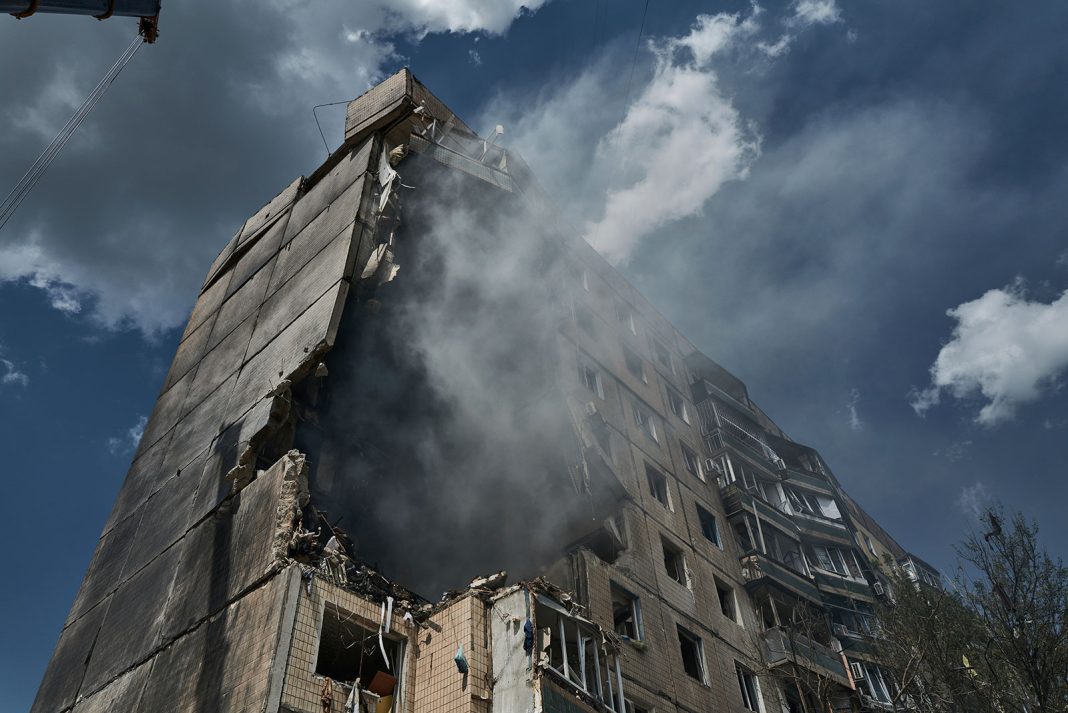Citing “trade records and Russian tax documents” obtained by the outlet, the Post pointed to entities in the Russian arms industry that have boosted transactions with Taiwan, with one firm, I Machine Technology, importing over $20 million in CNC machine tools produced on the island since January 2023. The machines were reportedly sent in 63 separate shipments.
“The Taiwan-made machines accounted for virtually all of the Russian company’s imports in the first seven months of last year, according to the records, and the company’s sales during that period were overwhelmingly to the Russian defense industry,” the paper added, although it did not specify how the CNC machines were to be used.
Former US arms control official Kevin Wolf told the WaPo that such transfers likely violated sanctions imposed by both Washington and Taipei in response to the conflict in Ukraine. However, an executive from I Machine Technology, Aleksey Bredikhin, argued that this was not the case.
Instead, Bredikhin said that any purchases after January were for spare parts only, and did not run afoul of Taiwan’s export controls, which were further tightened early this year.
“I’m not buying anything from them except for parts,” he added.
Nonetheless, the American official claimed that the CNC machines were “very important for making military items” and could be connected to “military-end uses,” including manufacturing drones.
Another executive from one of the Taiwanese producers, Yu Ming Je, questioned the authenticity of the files obtained by the Post, and also insisted that the sales were in line with local laws. Asked about ties to Russia’s arms industry, Yu stated he was not aware of any such connections with his company, adding “Distributors basically have many users”.
A close strategic ally of the US and a frequent buyer of American arms, Taiwan has largely fallen in line with the US sanctions policy toward Moscow, imposing several layers of penalties since Russia sent troops into Ukraine in early 2022.
In announcing its latest round of sanctions, which mirrored those already imposed by the US and European Union, Taiwan’s economy ministry vowed to “in principle” block all export license applications to Russian firms going forward. The ministry declined to comment on whether such equipment sales violated export rules, but announced the government planned to specifically bar sales to I Machine Technology in the future.
